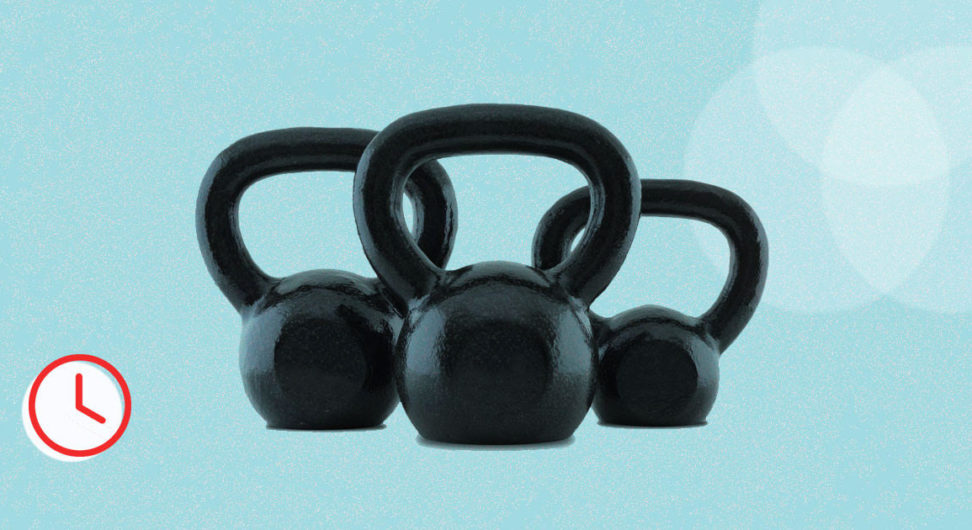Freelance Like A Boss Part I
Working for yourself can be irresistibly alluring. Many unsuspecting creative professionals are drawn to the promise of freelance freedom. Freedom to set your own schedule, to wear pajamas all day, to pick and choose your clients and your work. There is little doubt that self-employment and freelancing offer quite a few plusses over conventional J-O-B jobs.
Eleanor Roosevelt cautioned against taking freedom for granted. “Freedom makes a huge requirement of every human being. With freedom comes responsibility. For the person who is unwilling to grow up, the person who does not want to carry his own weight, this is a frightening prospect.”
This is no less true for a freelancer today than it was in 1960s when the former First Lady wrote it. This 3-part series will explore each of these areas of development that are essential to successfully negotiating the wild world of freelancing.
Part 1: Discipline is Not a Four-Letter Word
Americans don’t like the D-word. We prefer the F-word: freedom. No matter your political leanings, most of us subscribe to the idea that more options and fewer rules is better. Even the word discipline turns us off, as one of the definitions we associate it with is punishment.
But talk to successful agency managers and creative directors and they’ll tell you that the more disciplined freelancers are the most successful.
Disciplined workers (freelance or otherwise) are more likely to have internal processes to ensure efficiency and the quality of their work. They keep a fairly consistent schedule (and no, I don’t mean they adhere to a 9-to-5), meet deadlines, don’t over-promise, and they stick to their word.
Here’s another reason discipline is underrated as a creativity-boosting freelance tool: many creative professionals find that having clear boundaries — whether it’s scheduling related, or financial, or getting a thorough creative brief — is what grants them the freedom to produce their best work.
You can’t really control or influence the amount of luck you have in your career, so focus on developing good discipline early on, and you won’t need to rely on a lucky break.
Not everyone can do it. I’ve been self-employed as a freelancer or consultant for most of my career so I don’t have a problem focusing on work in my cozy little home office. But I know many people who have tried to work from home and get through about two hours before they’re doing laundry, searching for one of a dozen lost socks, giving the gerbil a bath, or watching trending baby goat videos on YouTube.
One of my former managers was like that. She had no problem with me working off-site because I produced prolifically working from my home office. She, on the other hand, could not work from home. And when the company instituted WFH Fridays, she still went to the office because she simply couldn’t focus at home.
Some of us are naturally more disciplined than others, but I assure you, as someone who was diagnosed with a severe form of Peter Pan Syndrome, discipline can be learned.
There are dozens of great books out there that talk about the power of habit. Repetition is key. Concert pianists never stop playing scales, even after decades of playing. WHY they play scales changes. It goes from being a practice to being a ritual, a positive habit.
As creatives, it’s common to feel the need to reinvent the wheel with every proposal, or make ongoing website design tweaks, or other “creative” stuff. It’s one thing to keep your portfolio fresh, but having a plan of action that guides your non-billable business development is a key component for getting enough quality engagements.
Getting up and spending time in your office when business is slow takes discipline.
Following up with prospects and referral partners requires discipline. Keeping your skills fresh with online courses or workshops takes discipline.
To be honest, there is almost no part of self-employment that doesn’t require discipline. A successful freelance career is part talent, part skill, part luck, and a whole lotta discipline. You can’t really control or influence the amount of luck you have in your career, so focus on developing good discipline early on, and you won’t need to rely on a lucky break.
Good luck, anyway.
This work is licensed under a Creative Commons Attribution-ShareAlike 4.0 International License.


